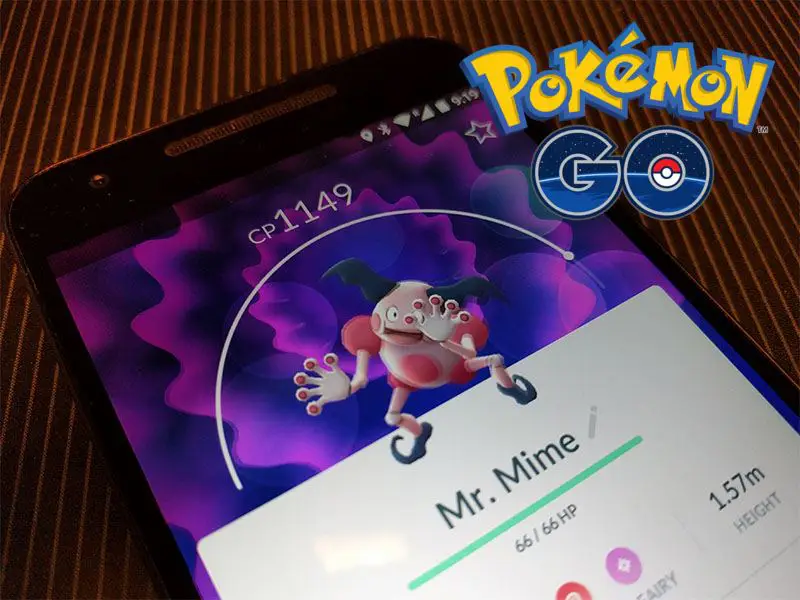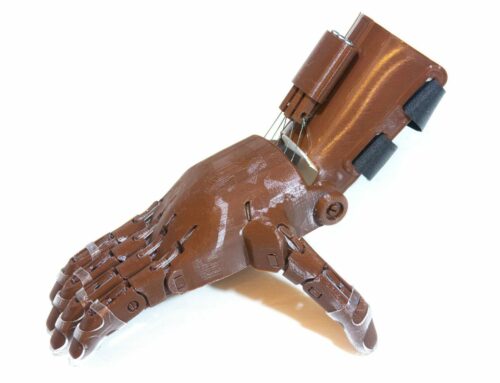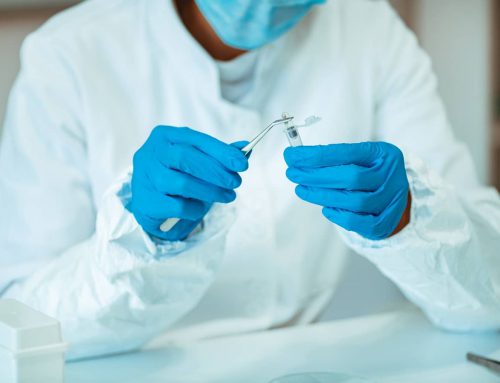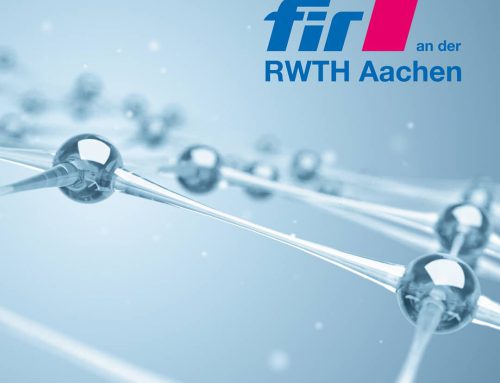Pokémon Go has been rather a nuisance. People not only get hurt when trying to catch the small creatures, being oblivious of other traffic and pedestrians, but they also trespass and disrespect other people´s privacy. On the other hand, Pokémon Go is often considered a good way to activate children and quite some initiatives have been taken to link the game to physical exercise. This is, however, not the subject of this article.
What many people do not realise is that Pokémon Go endangers privacy. It is not without reason that the privacy statement of the game´s publisher Niantic contains the phrase ´absolute safety of information cannot be guaranteed.´ Early users face grave danger. In order to be able to play they had to create a Pokémon Go account or log in through their Google account. This made programmes available for Pokémon Go and granted access to sensitive, private information. Through GPS the game knew where a player had been, through the camera it could see what he had photographed, and when and where. Via Gmail it could see the full browsing history, the calendar and other Google programmes. A real treasure trove for hackers. At this moment such data are already shared on the dark web.
In the world of augmented reality safety will become a major challenge for the various actors in the sector. These are not just programmers and software specialists, but also experts in the electronic connections industry. The quality of hardware and the quality of software are two peas in a pod. Together they can take care that users of an augmented-reality-based game can safely play the game. Obviously, this quality depends very heavily on the quality of the education the staff in the electronics industry has had. IPC education guarantees such quality.










